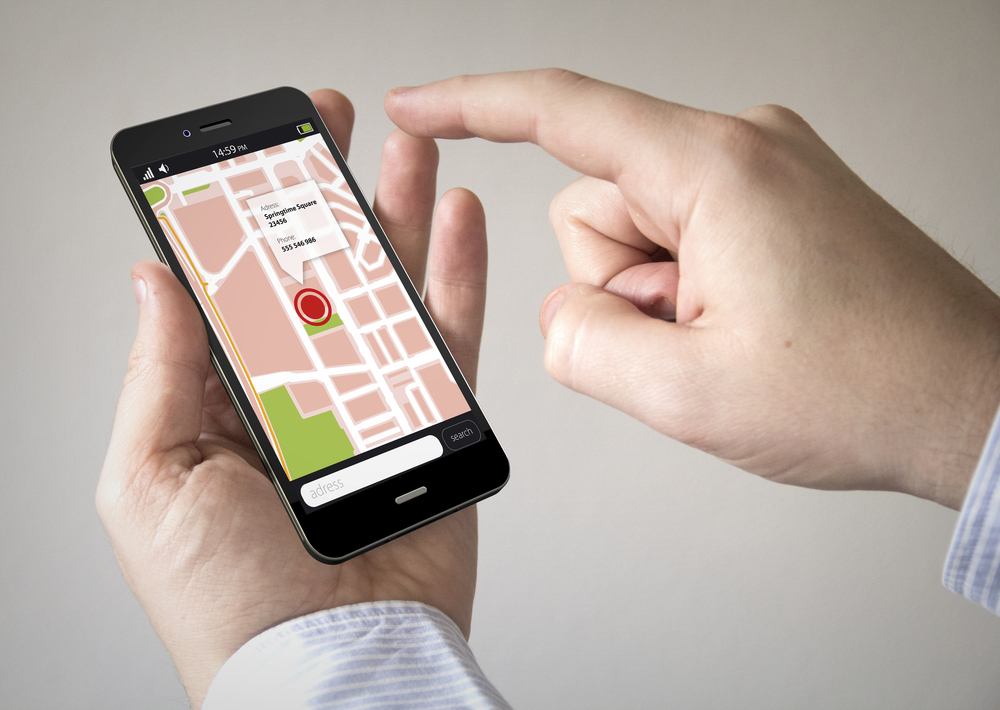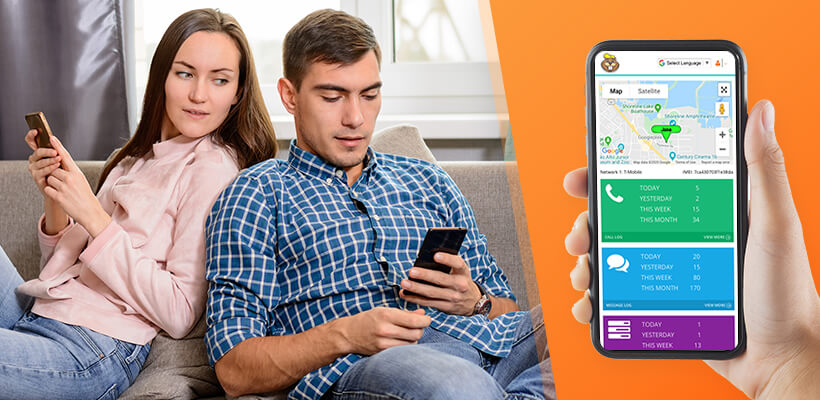
I bet at some point you’ve questioned, “Is it illegal to track someone’s iphone without them knowing?” We all have our reasons. Maybe you’re a parent eager to keep tabs on your teenager’s after-school activities. Perhaps you’re a business owner, anxious about whether your remote workers are at their desks or out at the park during office hours.
But underneath these well-intentioned queries, we unearth a more pressing issue: privacy and consent. It’s a subject that dances on the line of trust, respect, and personal boundaries.
As a parent of two teenagers and a business owner working with various international clients, I find myself deeply connected with both sides of this argument. So, let’s dive in and dissect the matter of phone tracking legality.
Is It Illegal to Track Someone Without Their Knowledge?
Let’s reverse the roles for a moment. How would you react if you discovered your phone was being tracked without your knowledge? I suspect “violated” might be your first response because that’s precisely how I’d feel. This unsettling thought amplifies the importance of conversations about taking someone’s phone without consent.
The Electronic Communications Privacy Act (ECPA) of 1986 was designed to address concerns about privacy in the digital age. Initially, it protected users from wiretapping and interception of phone calls.
As we progressively became more reliant on digital means, the ECPA had to evolve too. It now safeguards a broad spectrum of electronic communication, extending beyond phone conversations.
If you’re wondering, “Is it illegal to track someone’s phone?” ponder over the potential outcomes:
● Criminal charges leading to possible incarceration
● Civil charges resulting in substantial fines
● Irreparable damage to your personal and professional relationships
This tells us that the question isn’t just about legalities—it’s also about ethics and respect for personal space.

When Is it Considered Legal?
That being said, there are shades of gray. There exist scenarios when tracking someone’s phone is legal, but these conditions can vary depending on the laws of your local jurisdiction.
Let’s outline the generally accepted instances:
● Tracking a child: If you’re a parent or guardian, taking someone’s phone without consent is perfectly legal. Striking a balance between ensuring their safety and honoring their privacy can be tricky, but I’ve found open conversations to be effective in bridging the gap.
● Tracking employees: Employers can track devices owned by the company if employees have given their consent. As someone who runs a business, I can tell you this isn’t about playing Big Brother. It’s more about securing company assets and maintaining productivity.
● With mutual consent: When all parties agree to the phone being tracked, it’s typically considered legal. A couple of sharing locations for safety or logistical convenience is an everyday example.
Still, even in these scenarios, it’s crucial to tread lightly and consider the ethical implications.
How Can You Legally Track a Phone?
Having tackled the big question, “Is it illegal to track someone without their knowledge?” let’s look at the avenues you can explore to track a phone legally.
Monitoring Apps
First on the list are monitoring apps. These are designed to be installed on the device with the owner’s consent. An example is mSpy, which allows you to monitor text messages, call logs, and real-time GPS location. As a parent, I’ve found such apps to be incredibly helpful, especially during those rebellious teen years. The key point about taking someone’s phone without consent here is honesty and respect.
Cloud Databases
Cloud databases like iCloud or Google Drive can also serve this purpose, provided you have been granted access. It’s not uncommon for families to have shared accounts. It’s like a digital version of the family bulletin board, keeping everyone in the loop about each other’s whereabouts.
GPS Safety Devices
A third option is GPS safety devices. They come in handy when safety overrides privacy, such as tracking an elderly family member suffering from Alzheimer’s. In cases like these, the “Is it illegal to track someone without their knowledge?” question takes a backseat, as the individual’s safety becomes the primary concern.
Takeaway
To sum it up, privacy is non-negotiable. Whether you’re wondering, “Is it illegal to go through someone’s phone without permission?” or thinking about the ethical aspects, it all comes down to a fundamental principle: respect for personal space and confidentiality.
In our interconnected world, we must remember that technology should enhance our lives, not undermine our freedom. While phone tracking can be legal and ethically justified in certain circumstances, it should always be carried out with complete transparency and consent.
Here’s my simple piece of advice: Always ask first. It’s better to foster mutual understanding and respect than to blur boundaries and risk grave consequences.




